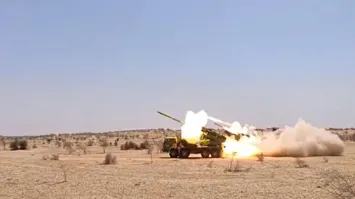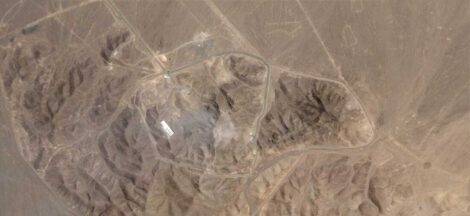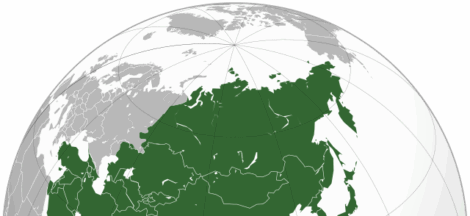India and Pakistan have agreed to a full and immediate ceasefire following intense U.S.-mediated negotiations, marking a critical pause in the most severe military confrontation between the two nuclear-armed neighbours in over two decades. The announcement was made by U.S. President Donald Trump, who lauded both countries for choosing diplomacy over further escalation.
The ceasefire comes after a series of retaliatory strikes triggered by the 22 April terrorist attack in Pahalgam, Indian-administered Kashmir, where 26 civilians, predominantly tourists, were killed. India attributed the attack to Pakistan-based militants, specifically The Resistance Front, believed to be an offshoot of Lashkar-e-Taiba. Pakistan denied involvement, proposing an independent investigation, which India rejected.
In response to the Pahalgam attack, India launched “Operation Sindoor,” targeting nine locations across Pakistan. Pakistan retaliated with “Operation Bunyan ul Marsoos,” striking 25 Indian military sites using Fateh missiles and drones. Both operations resulted in significant casualties and infrastructure damage, with at least 13 civilians killed in Pakistani-administered Kashmir and five in India.
The international community expressed deep concern over the escalating conflict. U.S. Secretary of State Marco Rubio engaged in diplomatic efforts, urging both nations to de-escalate and resume dialogue. The United Nations Secretary-General Antonio Guterres also intervened, speaking separately with leaders from both countries to advocate for restraint and a peaceful resolution.
Domestically, India took several measures in response to the attack, including suspending the Indus Waters Treaty and closing the Wagah-Attari border. A nationwide emergency preparedness drill, “Operation Abhyaas,” was conducted to bolster civil defence readiness. Tourist destinations in Kashmir were shut down, and additional flights were arranged to evacuate visitors from the region.



 India Releases Terror Sites Across Pakistan and PoK Hit by Sindoor
India Releases Terror Sites Across Pakistan and PoK Hit by Sindoor 